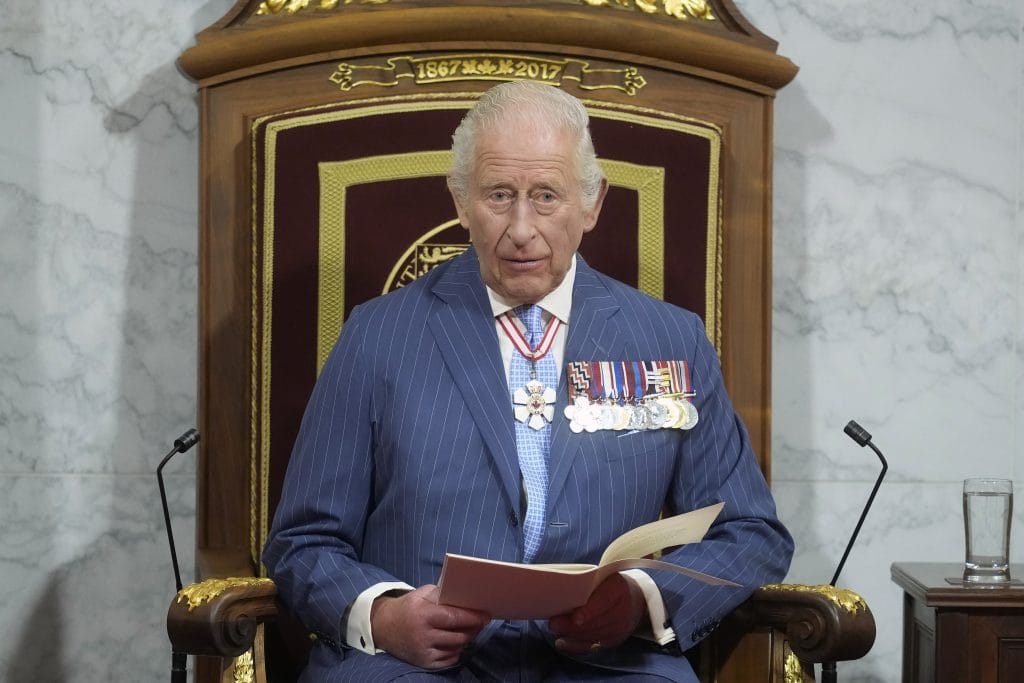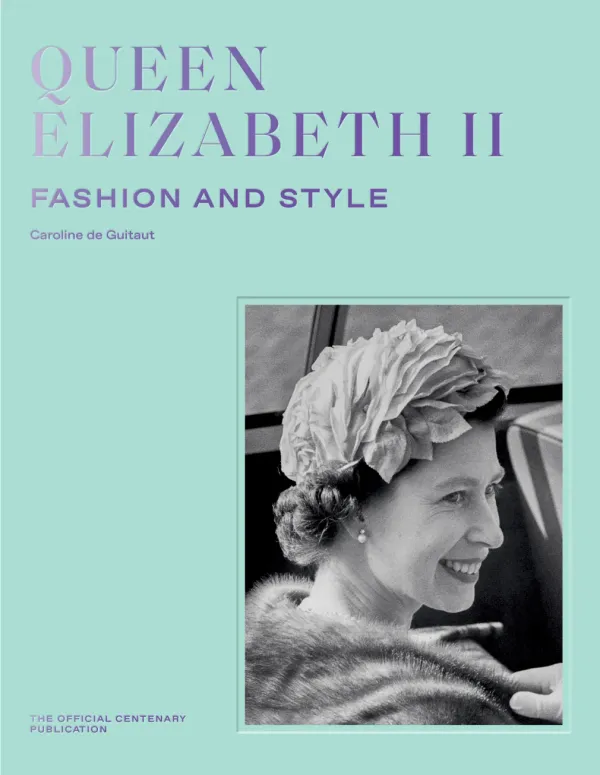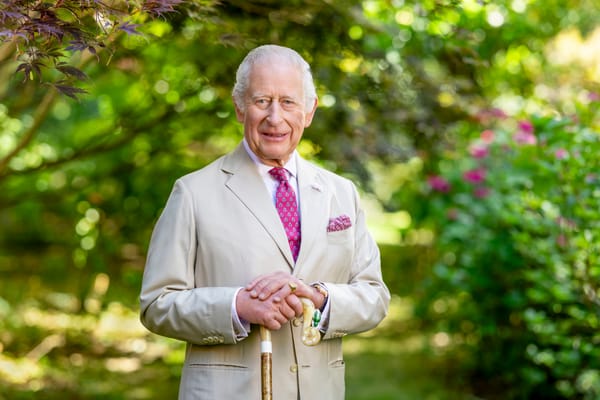King Charles Delivers Historic Throne Speech Defending Canadian Sovereignty

King Charles III made history on Tuesday as he delivered Canada's Speech from the Throne to Parliament, becoming only the second British monarch to personally address the Canadian legislature while sending unmistakable signals about the nation's independence in the face of mounting pressure from the United States.
The historic address, delivered in the Senate chamber before assembled lawmakers, marked the first time a reigning sovereign had opened Canada's Parliament since Queen Elizabeth II's 1977 visit. While the speech traditionally falls to the Governor General as the monarch's representative, King Charles's personal delivery carried profound symbolic weight amid ongoing tensions.
A "Strong and Free" Nation Stands Its Ground
The King's speech, written by Prime Minister Mark Carney's government as per constitutional tradition, opened with a wave of patriotic sentiment that seemed designed to counter recent American provocations. Charles spoke of his "pleasure and pride" in witnessing "Canadians coming together in a renewed sense of national pride, unity, and hope."
The address delivered several pointed messages about Canadian sovereignty. The King praised Canada's transformation into "a bold, ambitious, innovative country" and emphasized that "a confident Canada" can "give themselves far more than any foreign power can ever take away."
The speech concluded with a rousing patriotic declaration: "As the anthem reminds us: The True North is indeed strong and free!" – a direct reference to Canada's national anthem that seemed to push back against Trump's repeated suggestions that Canada would be better off as America's 51st state.
Redefining the US-Canada Relationship
While acknowledging the importance of the bilateral relationship, King Charles made clear that the days of automatic deference were over. He spoke of working toward a "new economic and security relationship" with the United States, one that must be "rooted in mutual respect and rooted in common interests to deliver transformational benefits for both sovereign nations."
Addressing the ongoing trade war, the King declared that Canada would "unleash a new era of growth that will ensure we don't just survive ongoing trade wars but emerge from them stronger than ever." This defiant tone marked a significant shift from the conciliatory approach that has characterized much of Canada's recent diplomacy with its southern neighbor.
Border Security and the Gun Crisis
In perhaps the speech's most pointed moment, King Charles directly addressed cross-border criminal activity. While acknowledging plans to deploy "canine teams, helicopters and drones to stem the tide of illegal guns and drugs across the border," the King implicitly countered the narrative about Canadian-sourced fentanyl by highlighting the flow of American firearms into Canada.
This reference gains significance when considered alongside statistics from the Criminal Intelligence Service of Ottawa showing that approximately 76% of guns seized in Canada between 2022 and 2024 were traced back to the United States.
Economic Independence and Global Partnerships
The throne speech outlined an ambitious economic transformation designed to reduce Canada's dependence on the volatile US market. King Charles announced plans to reinforce trading relationships with European allies and embark on what he called "the largest transformation of its economy since the Second World War."
Specific commitments included speeding up major infrastructure projects, doubling loan programs for Indigenous ownership of major projects, and removing federal barriers to interprovincial trade by July 1st – barriers that currently cost the Canadian economy an estimated C$200 billion annually.
Defense Spending and Arctic Sovereignty
Addressing long-standing NATO concerns, the speech committed Canada to "rebuilding, rearming, and reinvesting" in its military while pledging to meet the alliance's 2% of GDP defense spending target by 2030. The King announced Canada's intention to join "Rearm Europe," a continental defense spending initiative, and emphasized strengthening Canada's Arctic presence – a region of increasing strategic importance.
The defense commitments serve dual purposes: satisfying NATO allies while demonstrating that Canada can contribute meaningfully to collective security without American coercion.
Domestic Priorities Amid International Pressure
Despite the international focus, the speech addressed pressing domestic concerns that helped propel Carney's Liberals to their April election victory. Housing affordability received significant attention, with commitments to double home construction to 500,000 units annually and eliminate goods and services tax for first-time homebuyers on homes under C$1 million.
The government also promised tougher penalties for car theft, home invasions, human trafficking, and drug smuggling – issues that resonated with voters during the recent campaign.
A Moment of Historical Significance
The King's visit and throne speech represent more than ceremonial pageantry. They mark a strategic assertion of Canadian sovereignty at a crucial historical moment when the country faces unprecedented pressure from its most important ally and trading partner.
Prime Minister Carney's invitation to King Charles, extended shortly after his electoral victory, was clearly calculated to send a message about constitutional continuity and Canada's enduring ties to institutions beyond American influence. As the King noted, "The Crown has for so long been a symbol of unity for Canada" and "represents stability and continuity from the past to the present."
Looking Forward
The throne speech positions Canada for what Carney has repeatedly called "a pivotal moment" in the nation's history. Rather than viewing current challenges as obstacles, the King framed them as opportunities for transformation and growth.
This confident tone reflects a broader shift in Canadian political discourse, where Trump's threats have paradoxically strengthened rather than weakened Canadian resolve. The Liberal Party's electoral success in April demonstrated that Canadians are more likely to rally around sovereignty than succumb to American pressure.
As King Charles concluded his historic address, his words carried the weight of centuries of constitutional tradition while speaking directly to contemporary challenges. The speech made clear that while Canada values its relationship with the United States, it will not sacrifice its independence, dignity, or sovereign rights to maintain that partnership.
The True North, as the King reminded Parliament, remains both strong and free – and intends to stay that way.
You can watch the speech in full here:




